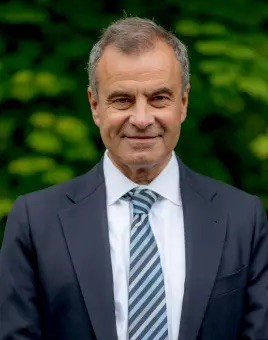BIPOC Legal Mentorship & Community Program
The BIPOC legal mentorship and community program was created to provide support, networking opportunities, and community to BIPOC-identified students at Lewis & Clark Law School.
Through the BIPOC legal mentorship and community program, students are able to connect with attorneys and legal professionals across a range of practice areas. The program hosted its inaugural event in the Fall 2022 semester at Lewis & Clark Law School. The program was created by Chloé Clay ’22 with the support of Lewis & Clark Law School. To learn more about the program, contact Chloé. 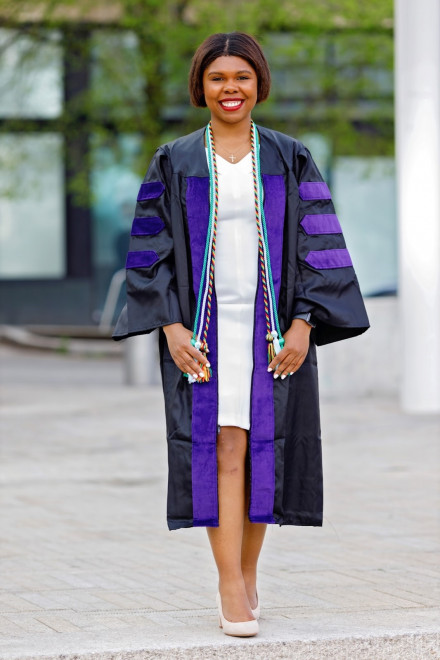
Current Students: Join the Program
Interested in joining the BIPOC legal mentorship and community program, but you couldn’t join the reception this fall? Contact Chloé with your lclark email address and ask to be added to the list.
Not yet a law student? There are opportunities for current pre-law school students to get involved. To learn more, contact Chloé.
Attorneys and Legal Professionals: Become a Mentor
Interested in becoming a mentor? There are mentorship opportunities for all attorneys and legal professionals, including those who did not attend Lewis & Clark and those who do not identify as BIPOC persons. To see how you can become involved, contact Chloé.
Upcoming Events
- September 28, 2023: Join the BIPOC Mentorship and Community Program for a reception celebrating the second anniversary of our program. We invite all current law students, prospective law students, staff, faculty, alumni, and mentors to learn more about this program, share in a celebration of our first year, and learn about our upcoming 2023-2024 programming. Register here.
Recent Past Events
- January 17, 2023: Q&A, Practicing as a Minority in Oregon, Room 1 @ 12:10pm - 1:00pm - Wondering what it’s like to be a BIPOC attorney in Oregon? Come learn and get your questions answered! This is a candid and safe space for all. Sign up here and submit questions here!
- January 18, 2023: Judicial Clerkships, Room 1 @ 12:10pm - 1:00pm - What are judicial clerkships, and why are they valuable experiences? Professor Yin will discuss the duties of law clerks, the differences between trial level and appellate clerkships, and the mechanics of applying for them. Sign up here!
- January 25, 2023: Working with Congress, Room 1 @ 12:10pm - 1:00pm - Professors Oleske and Martel will share their experiences working with the U.S. Senate, and Professor Oleske will discuss his service with the Obama administration. We’ll discuss public service, policy work, and pathways to these careers. Sign up here!
Donate to the BIPOC Mentorship Program
BIPOC Legal Mentorship & Community Program Board
The program would not be possible without the support and oversight of the program board, comprised of alumni, community leaders, and faculty. Learn more about our board members in their own words below.
Hi there! My name is Chloe´Clay and I am proud Black woman! I am a first generation college graduate and law school graduate. I am a proud public defender and work at my dream job at Metropolitan Public Defender. I went to law school wanting to be a public defender, actually I’ve known since I was ten years old. Incarceration is no stranger to my family and through this experience, I saw too many white public defenders representing minorities, specifically Black individuals. I felt a sense of confusion, anger, and frustration as I watched white public defenders try to advocate on behalf of minorities. To me, they couldn’t adequately do that. I firmly believe in holistic representation which requires intersectionality in race, culture, ethnicity, gender, and socioeconomic status. Instead of being frustrated about it for my entire life, I decided to change it and provide a face of familiarity and comfort in the criminal legal system.
I decided to stay in Oregon and practice because of the lack of diversity. I wanted to again change a system that lacked minority representation. This is mainly why I created this program! Our voices were not heard. We were not supported. We lacked representation. I was frustrated and then I chose to not be.

Hi! My name is Viktoria Lo (aka, Vika Safarian). I am Armenian and Russian. I work in Criminal, DHS, civil rights/plaintiff’s work. I went to law school because my immigrant mom made me apply. It appealed to me personally because I wanted to get more power to advocate for human and civil rights. I came to Oregon to practice law as a public defender and stayed because of the community I developed through the public defense office and civil rights bar.
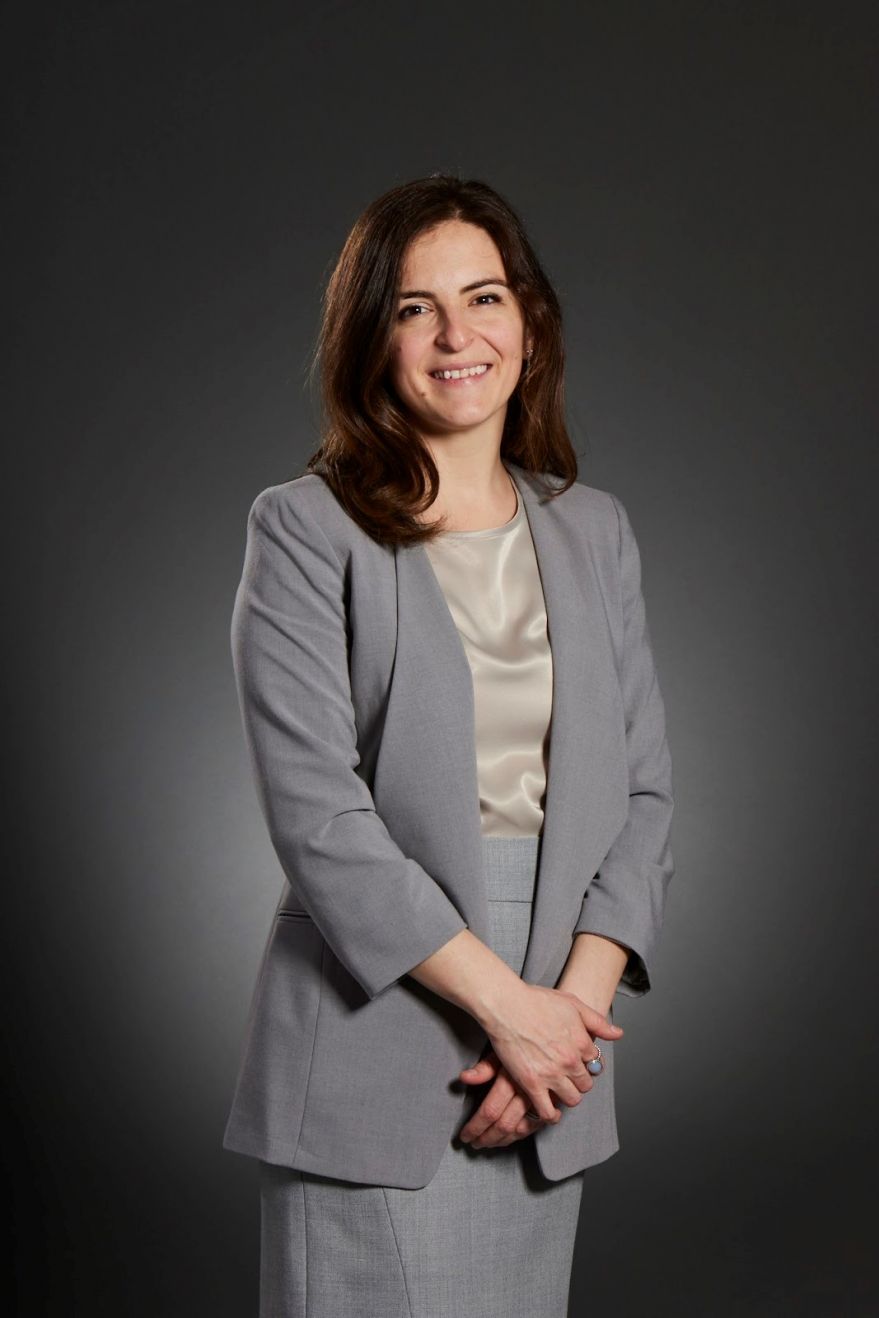
Hi! My name is Bruce Myers. I am a Black man and appellate public defender at the Office of Public Defense Services (OPDS). I represent low-income individuals on direct appeal in the Oregon Court of Appeals and the Oregon Supreme Court. I went to law school to do civil rights/criminal defense work. I did not plan to be an appellate attorney, mainly because I did not know anything about the work. But my practice allows me to do criminal defense minded work that impacts the rights of Oregonians. In that way, I am doing what I went to law school for.
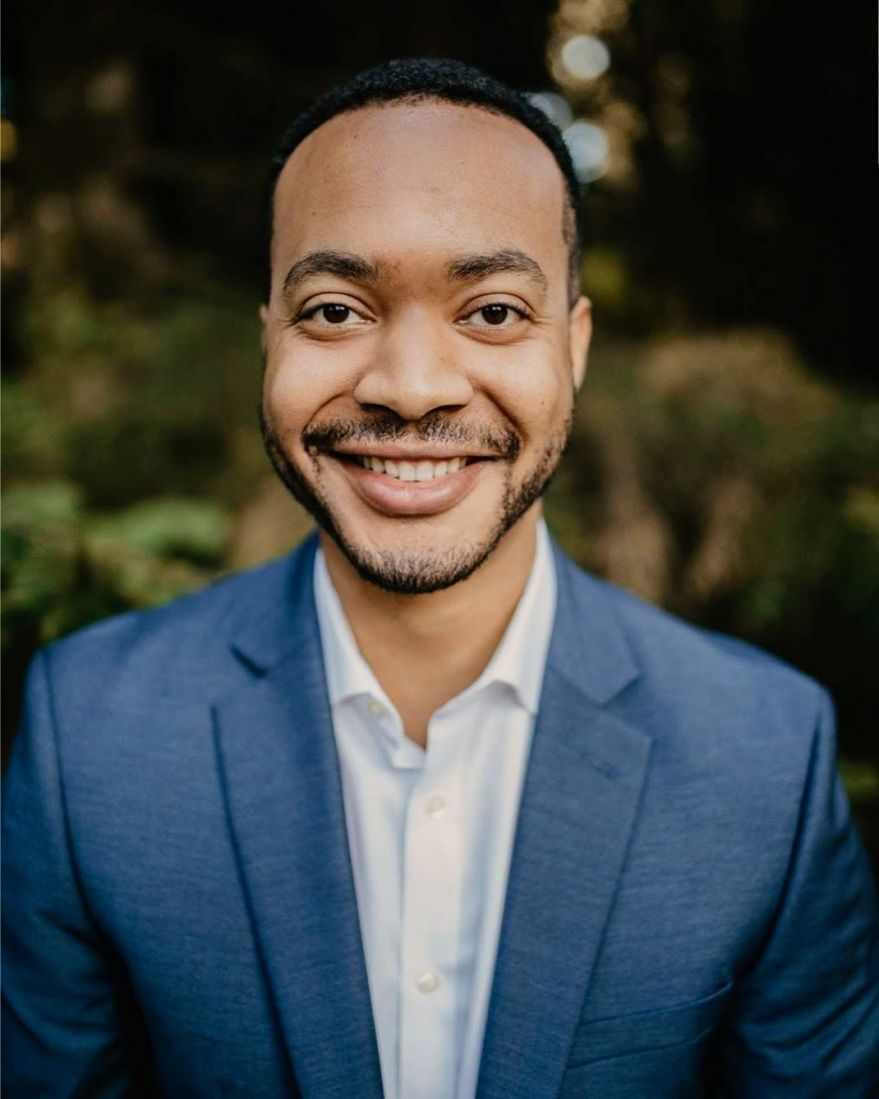
Hi! My name is Mark Cebert. I am Jamaican-American. I work for the Criminal Justice Reform Clinic at Lewis & Clark.
Initially, I did not want to go to law school, or become a lawyer. However, after speaking with mentors and reading about role models, I discovered how the law can be a vehicle for change and a tool for equity. In law school, I was able to deepen my knowledge of America’s legal systems and pursue my passion for advocacy.
While being an attorney of colour in Oregon can be a challenge, it is also an opportunity to build community and work together to bring change. Although we may seem far and few between, Oregon’s attorneys of colour have diverse and powerful voices. While the state has a long way to go, I truly believe that Oregon can be a place where equity is embraced and diversity is cherished. Practicing in Oregon is an opportunity to work with like-minded folks to make this a reality.
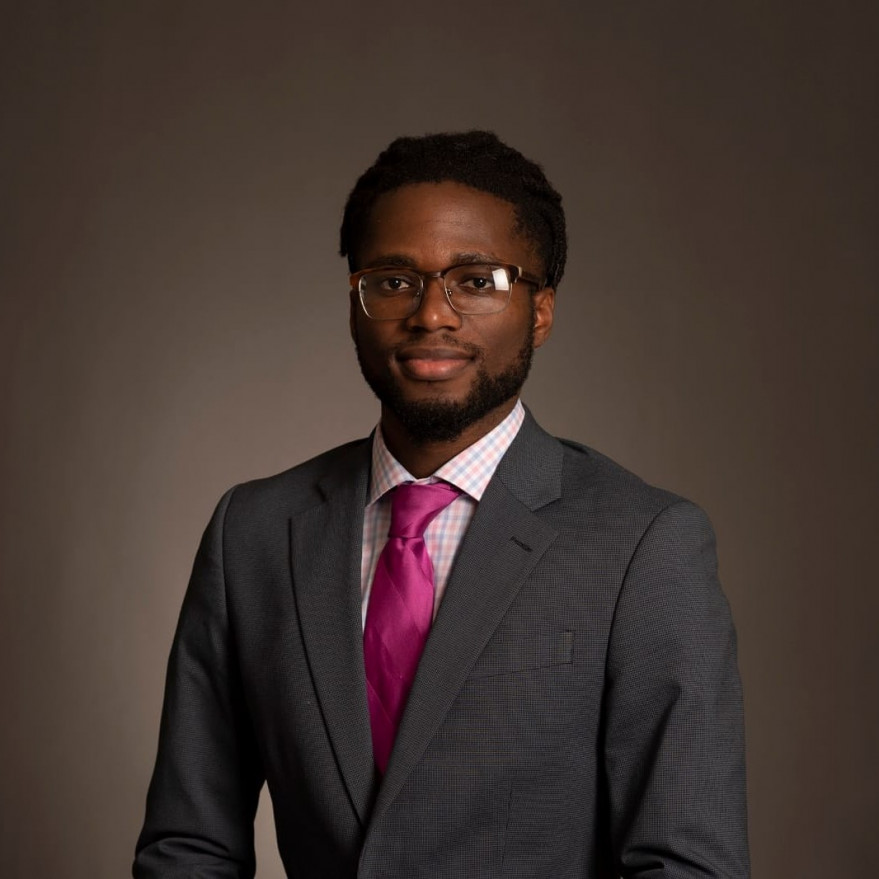
Hi my name is Charlie Martel! I am an Assistant Professor of Lawyering at Lewis & Clark Law School. My journey as a lawyer has taken me from large law firms, to service as a lawyer with the U.S. Senate, to human rights work in immigration jails and dirt floors in refugee tents. Our journeys and our justice are better when we walk together, so I am glad to be part of this effort to grow community and mentoring for BIPOC lawyers and students.
